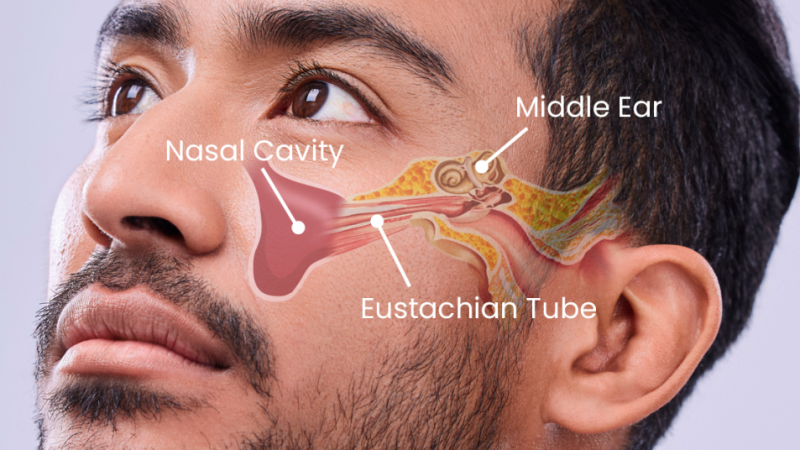Navigating Dietary Guidelines for Successful Weight Management

Finding the right path for weight management is key. A good medical weight loss clinic can guide you with diet plans that work and help keep extra pounds off for good. Look for clinics with success stories from their clients over time, showing lasting results.
Reviews matter, too; they tell if a clinic really helps people in the long run. Read them well to spot real feedback versus fake praise by bots or repeated complaints that may concern you. Pick wisely to ensure your journey towards better health lasts.
Choosing a Weight Loss Clinic
When picking a medical weight loss clinic, look for proof of long-term wins. Success tales show if past clients kept their weight off. Find clinics with good online words from others, too.
Not all reviews are true, so be smart about what you trust. Clinics must match your needs with options that fit you right. Whether it’s through food plans or doctor help, make sure they have expertise and meet your goals.
Slow loss is best to keep it off for good. Fast drops might seem nice, but they won’t last if habits don’t change. The team’s skill counts a lot—they should have real success in helping people slim down and stay that way.
Finally, the place should feel right; no one needs harsh words when working on themselves.
Exploring Medical Weight Management
To tackle weight issues, nearly half of the individuals want to learn about cutting down on carbs and sugar. About 49% are looking for exercises that fit their physical state. They like the idea of meetings that last an hour.
These should mix personal talks with group chats, a choice by over two-thirds. This leads us to think a three-month plan would work best. It combines face-to-face time in groups and one-on-one sessions twice monthly, which might grab people’s interest most.
Keep it simple: eat less sugar and get moving even if you have some limits—mix solo advice with group support now and then.
Benefits of Professional Guidance
Talking to a professional about losing weight is key. They can guide and support you in making life changes for better health. This means eating right with fewer calories and moving more if that’s appropriate for you.
Such talks help shape habits that aid in weight loss but also focus on keeping the pounds off later. If overweight, getting thinner could lower your risk of big health issues like heart trouble or diabetes. It might also make day-to-day living better.
Your doctor should know your aim to drop pounds as they play a huge role in this journey. Sometimes, during check-ups, diet or activity levels don’t get enough spotlight unless you bring them up first. Be ready to discuss how your weight impacts well-being with questions such as “Is my body mass fine?” or “Can slimming down boost my overall health?” Your healthcare provider will likely evaluate your eating habits and other factors.
Understanding Dietary Guidelines
When looking at dietary guidelines, think of them as a map for your eating habits. They show you which foods to eat more and which ones to cut back on. For example, they suggest plenty of fruits, veggies, whole grains, and lean proteins.
On the other hand, they advise consuming less sugar, salt, and saturated fat. Portion control is also a big part of this; it’s not just what you eat but how much. The advice also shifts based on age or if you’re pregnant, among other factors, so everyone gets what their body needs most.
Plus, remember water plays a key role in weight management by keeping us full without extra calories. Visit weightlosscentersofnashville.com today!







